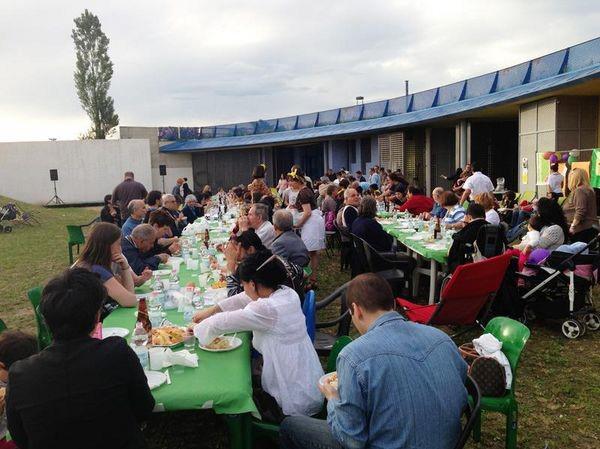04.2 CASE STUDY 1
Turin, Italy
TECH JUSTICE
“... highlights access to technology, the presence of digital infrastructure, and open data protocols as an enabling driver of collaboration and the creation of urban commons.� (S.F and C.I, 2017)
As well as many other platforms, Neighbourhood Houses network in Turin, uses internet as a tool to advertise what they do, spread knowledge and encourage public interest. The network is formed from 8 houses located in various parts of the city. The properties vary in size and function, some serve as meeting rooms, classrooms and workshops whereas others are used as concert halls, theatres and cinemas. They follow a manifesto which states that they do not focus on any target or field of activity and are open to everybody. The network website informs about each house and has direct links to the individual houses page with more information regarding events and space available at each location. Another network which uses internet as an enabler is Firstlife; a social network platform for cities, which has been developed by the University of Turin. The idea emerged from the desire to encourage participatory planning on a local scale, stimulate self-organization initiatives and develop collaborative practices between public and private territorial actors. Firstlife allows for digital mapping of events such as Terra Madre food festival as well as mapping of interactive personalized routes for people with Autism Spectrum Disorder (ASD) using the Personalized Interactive Urban Maps for Autism(PIUMA) project.
Figure4 - Plan and list of the 8 Neighbourhood Houses (Neighbourhood Houses, n.d)



